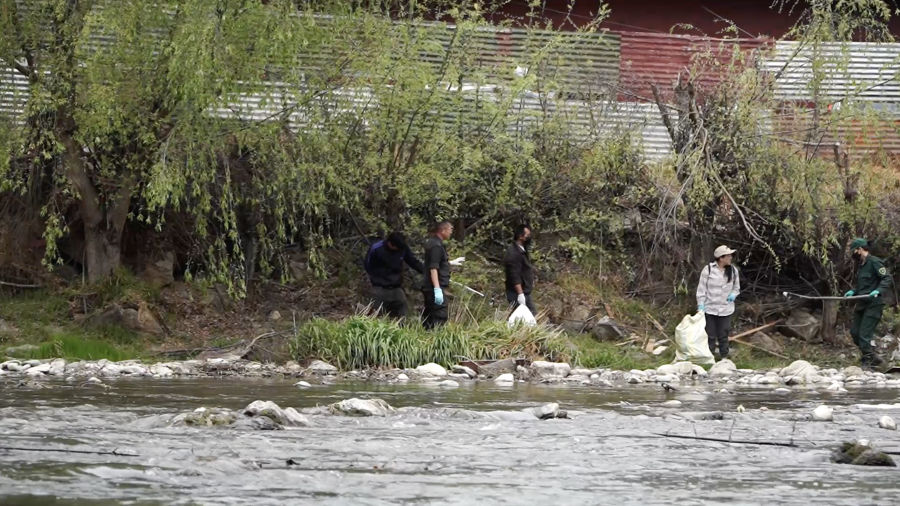 Coinciding with World Water Day today, the government launched a nationwide river cleaning initiative to restore and protect rivers. This year, the Wangchhu basin which includes rivers in Thimphu, Paro and Haa will be cleaned. The programme will then expand nationwide from next year till 2028, engaging volunteers, civil servants, and local leaders.
Coinciding with World Water Day today, the government launched a nationwide river cleaning initiative to restore and protect rivers. This year, the Wangchhu basin which includes rivers in Thimphu, Paro and Haa will be cleaned. The programme will then expand nationwide from next year till 2028, engaging volunteers, civil servants, and local leaders.
The campaign began in Thimphu, with over 500 volunteers.
Addressing the gathering, the Prime Minister highlighted the importance of preserving the rivers and glaciers.
He said that this campaign is a start to sustainable and clean rivers in Bhutan.
“What is important in the future is fresh and clean water. In our country today, if we take care of the existing fresh water, then in the future, we will get to drink fresh water, cultivate and conserve the environment. We can even export water in the future.”
This year, which is the first year of the campaign will be conducted in two phases. Phase one which is till mid of this year, is a pre-monsoon clean-up to remove accumulated waste and debris from the rivers.
Whereas phase two which falls at the end of this year will be post-monsoon clean-up to tackle seasonal pollution and ensure long-term river health.
This ambitious effort aims to enhance river health and ensure sustainable water management for the nation.
Gyeltshen Dukpa, the national coordinator of the campaign said “Today, people do not take care of their waste. They throw it in the river and even defecate in it. The responsibility we have is to keep it clean and if we keep it clean, it is healthier for both humans and animals.”
Dechen Choden, a volunteer said “First of all, I am so privileged and humbled to participate in the Water Day celebration along with my colleagues. The main reason behind taking part is to contribute in small kind towards safeguarding aquatic animals.”
Samul Rai, another volunteer said “Many throw papers, worn-out clothes, plastics and unwanted things in the river. If we think well, everything is dangerous. There are many animals in the river. So, it is very unhealthy for both humans and animals.”
From 2026 to 2028, the same approach will be implemented in other districts. By the end of 2028, the project is expected to wind up and the monitoring works will be handed over to respective districts, Thromde and relevant agencies for strict compliance.
The Prime Minister’s Office will collaborate with relevant agencies to develop long-term strategies for maintaining Bhutan’s river cleanliness for the campaign to run smoothly over the years.
Jamyang Loday
Edited by Tshering Zam







